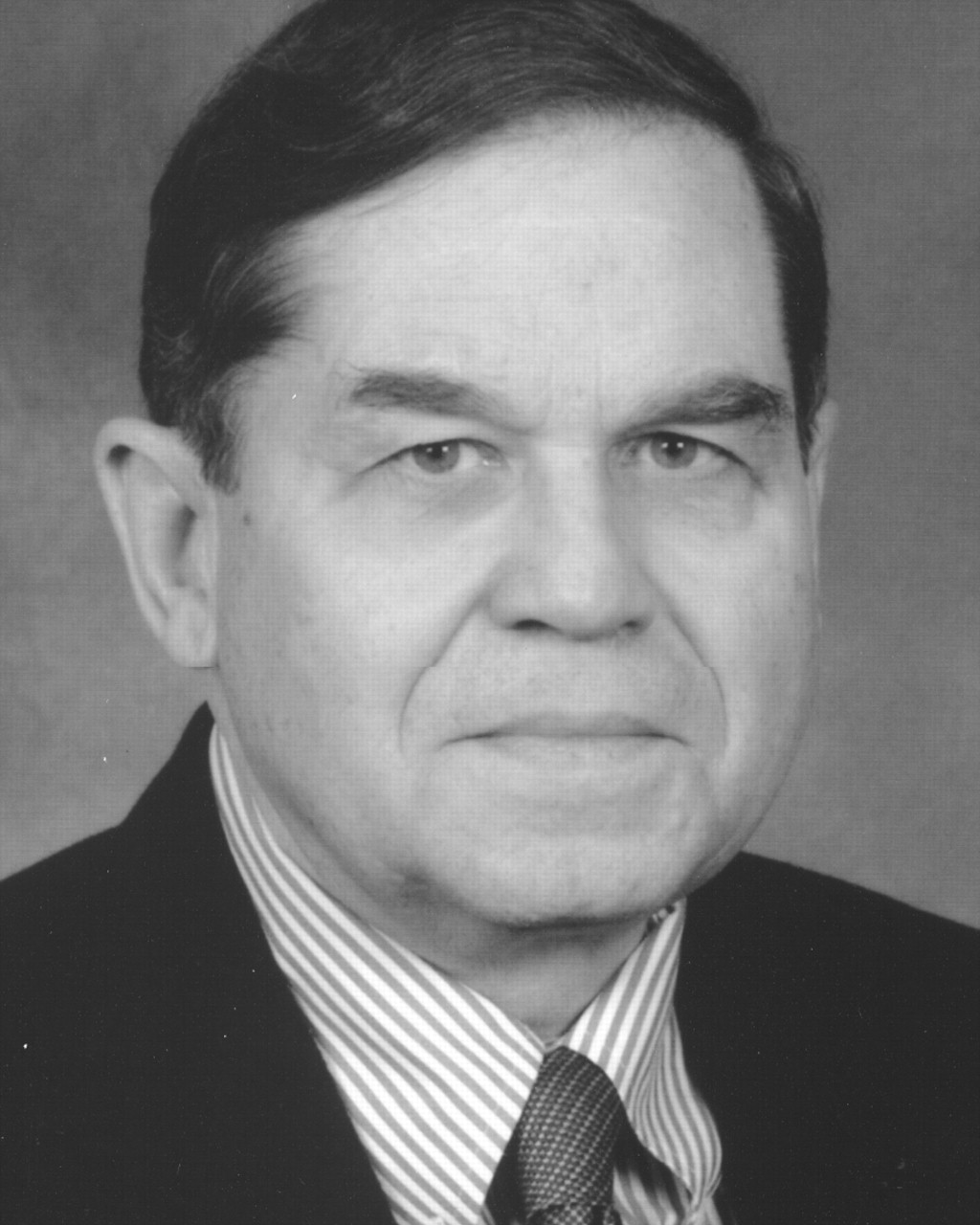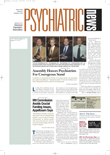Psychiatry: The Best Job in Medicine
What other medical specialty can integrate all the findings of modern brain science with the wisdom we now possess about our inner life and societal relationships? This encompassing view sustains me in my office, at the university, and in organizational pursuits.
Why should you vote for me to be your next vice president? The office demands week-to-week decision making by the Executive Committee and fulfilling high-priority special assignments. I’ve been an APA leader for 15 years; I know APA intimately through nine years as an Assembly member and officer and six years as Area 4 Trustee. In recognition of my achievements, I was elected speaker of the Assembly. I initiated the vital Commission on Psychotherapy by Psychiatrists, launched APA’s Business Initiative, and chaired or served on over 15 other committees. I am vigorous, dedicated, creative, and prepared to lead.
As the oldest medical society in the U.S., the most influential psychiatric body in the world, and the umbrella organization of U.S. and Canadian psychiatrists, APA leads the battle to protect principles of good practice in an adverse climate. Our health system is in upheaval. Psychiatry has borne the heaviest burden of the medical specialties in slashed funding. Managed care is sick. Our public mental health safety net is a disaster. Psychotherapy by psychiatrists is besieged.
What options should APA consider to meet the crisis?
Medical savings accounts with catastrophic insurance offer promise if there are safeguards for people who can’t fund them.
Canada’s long experience with universal health insurance has suffered from national underfunding but suggests a template of how to avoid the problems of meager coverage, discrimination against mental illness, and punitively managed oversight that plague the U.S. system.
APA must partner with employers to redesign health benefits to bring about true access to quality psychiatric care, reasonably financed and fairly administered so that psychiatrists can practice without harassment. This is the banner message of APA’s Business Initiative, which I lead.
In any system of the future, APA must demand real parity and end discrimination. Critical APA goals are integration with the rest of medicine, clear-cut rights of patients and psychiatrists, patient protection from bogus prescription writers, and access to health care for all.
APA is emerging from its own crisis. My independent judgment has strengthened the New APA. APA has a more coherent corporate structure that allows us full latitude to lobby and advocate for the interests of our patients and our members. Facing major budget shortfalls and erosion of our reserves, we have overhauled accounting practices, set priorities, reduced expenditures, tightened up components, and cut central office costs. We are well on our way to replacing antiquated and incompatible information systems. The changes have been contentious and painful, but with the arrival of our new medical director, we’re ready and eager to meet our challenges.
As guardians of a proud profession, we must engage all psychiatrists to see APA as their professional home. Dues cuts could make a difference, but would weaken APA’s capacity to implement policy and make us more dependent on pharmaceutical money. Relentlessly, we shall demonstrate the value of APA membership to member and nonmember psychiatrists alike by
Scientific Integrity and Support of Research
Education and Dissemination of Knowledge
Empowering Minorities and Celebrating Diversity
Humane, Ethical Commitment to Our Patients
I value your support and ask for your vote.
Primary Loci of Work and Sources of Income
Work:
100%—University Suburban Health Center, a full-service medical facility, part of University Hospitals of Cleveland Health System, affiliate of Case Western Reserve University School of Medicine
Income:
97%—Private practice of adult general psychiatry and psychoanalysis

